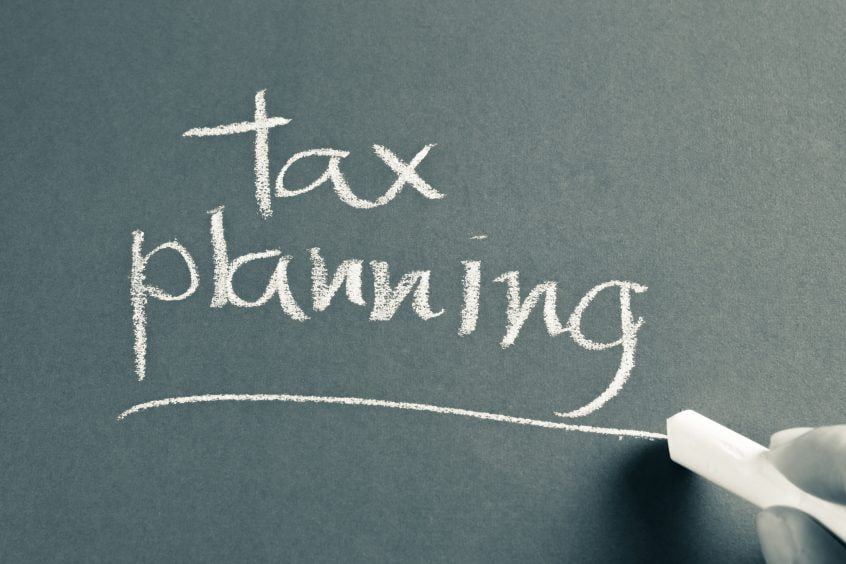Surprisingly to some, our tax system is based on a self-assessment model, where the ATO relies on everyone submitting the information it needs to work out how much tax we pay.
Generally the Tax Office doesn’t check the figures on everyone’s tax return – that would be virtually impossible! So by default, the data we provide is accepted as relevant and complete.
But before you get too excited, the Tax Office does, and will catch up with you.
Their secret weapons is data matching, which involves comparing information given with other data from banks, health funds, private companies, employers, government agencies and other private businesses. Data matching identifies people whose reported income is inconsistent with their spending. The Tax Office for example can compare a person’s reported income to information from government licensing bodies for luxury cars or boats.
This information is then matched with the Tax Office’s own data to detect who are either not disclosing all of their income or meeting all of their obligations. For some, data anomalies can be the trigger for a tax audit.
Top tips to make your data match and avoid a fine
- Keep up to date records: use an accounting software like Xero to make sure your records are current. If you’re struggling to manage your books, consider hiring a bookkeeper that can help you manage the day to day running of business
- Don’t employ anyone from overseas unless you’ve checked their VEVO status
- If you receive a lot of cash payments, make sure you regularly deposit your earnings in the bank to ensure your earnings are accurately matched to your books
- Complete and submit your BAS and pay your GST liabilities every quarter
- Don’t accept cash in hand payment – everything on the book and by the book!
Anxious about data matching catching up with you?
Love the blog? Subscribe to receive it fortnightly.
What do you think?
We would love to hear your thoughts! Feel free to submit your comments below or comment on our Facebook Page or Twitter.

